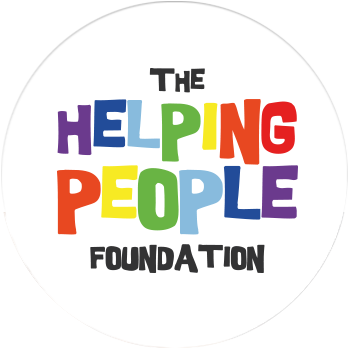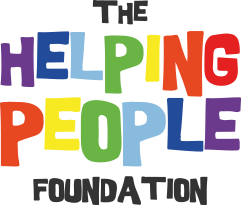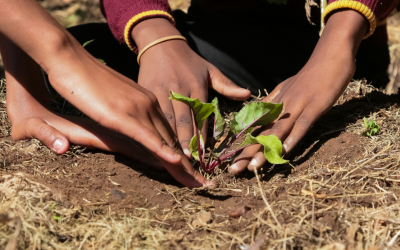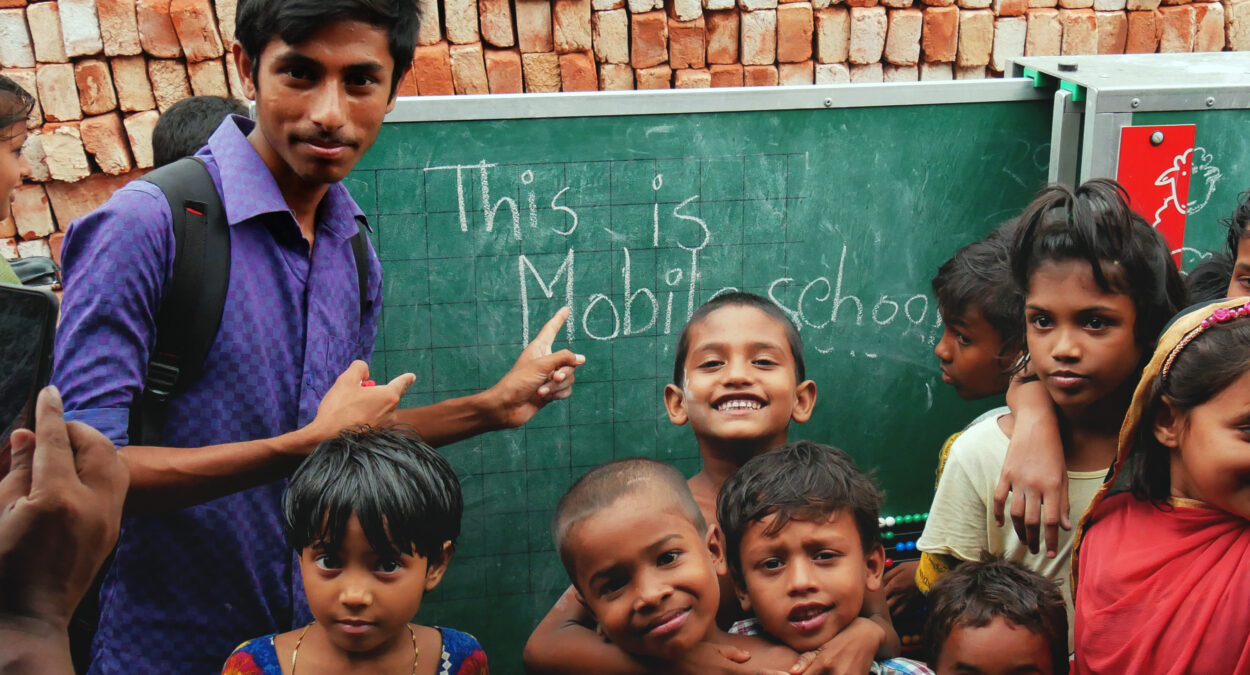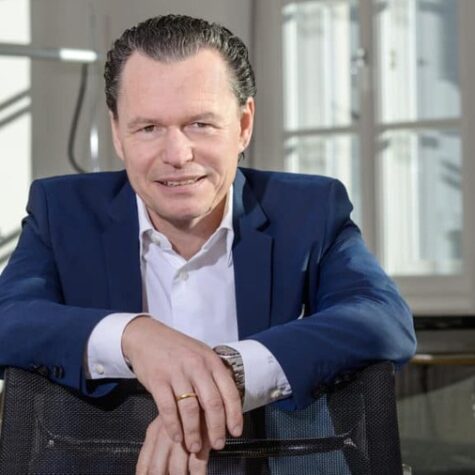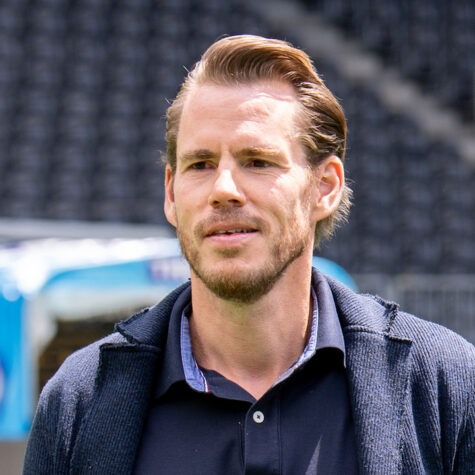THE PROJECT IN A NUTSHELL
Area of activity: Dhaka, Bangladesch
Donation volume: €100,000 for two Schools under the Sky at two locations for a financing period of 3 years.
Organisations involved: “Give one back e.V.” from Würzburg in cooperation with its partner organisation “LEEDO Street Children” from Dhaka, which maintain close coordination with local authorities.
IN DETAIL
Children and adolescents from infancy to young adulthood.
With the help of a large donation, the implementation of a “School under the Sky” with LEEDO Street Children® and Give one Back was made possible in May 2021. The organisation partner LEEDO maintains so-called “Schools Under The Sky” at various hotspots of the city. These represent a low-threshold education and care offer for street children. Classes take place on the ground on a tarpaulin and in the open air. This is an informal education concept, whereby children are taught the basic skills of reading, writing and arithmetic. For many children, this is the first contact with an educational offer. However, “Schools Under The Sky” is about more than basic education. The children have a safe retreat and the opportunity to escape the rough everyday life on the street for a few hours. They can play, rest and are supervised by the social workers. In addition, the children receive a full meal, which is often the only meal of the day. Basic medical care and informal group therapy sessions round off this offer. The open meeting is open for street children 4 days a week for 4 hours a day. In addition, the social workers carry out outreach work, i.e. they visit the children in their gangs/cliques and meetings.
Wir helfen den betroffenen Straßenkindern, damit sie selbst zu Multiplikator:innen werden und ihre Gesellschaft und ihre eigene Zukunft zum Besseren verändern können.
- Safe retreat for leisure activities and a full meal
- Imparting informal basic education (reading, arithmetic, writing)
- Life Skills Training and psychological support
- Placement of particularly vulnerable street children in professionally run orphanages
- Reintegration measures into the family of origin or placement in public schools
- Workshops and active help with setting up a business for adolescents
- The street children have an improved physical and psychological health.
- Their self-efficacy and motivation is strengthened and their interest to learn and experience new things is increased.
- They share their experience with other affected children.
- They look for solutions for a future away from the streets
